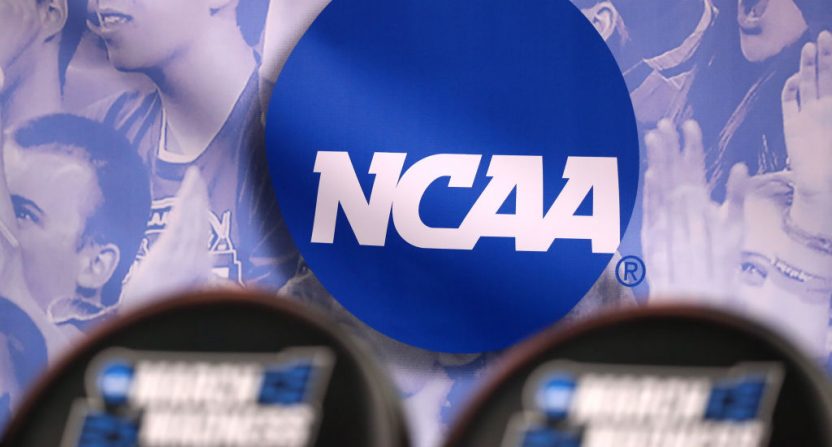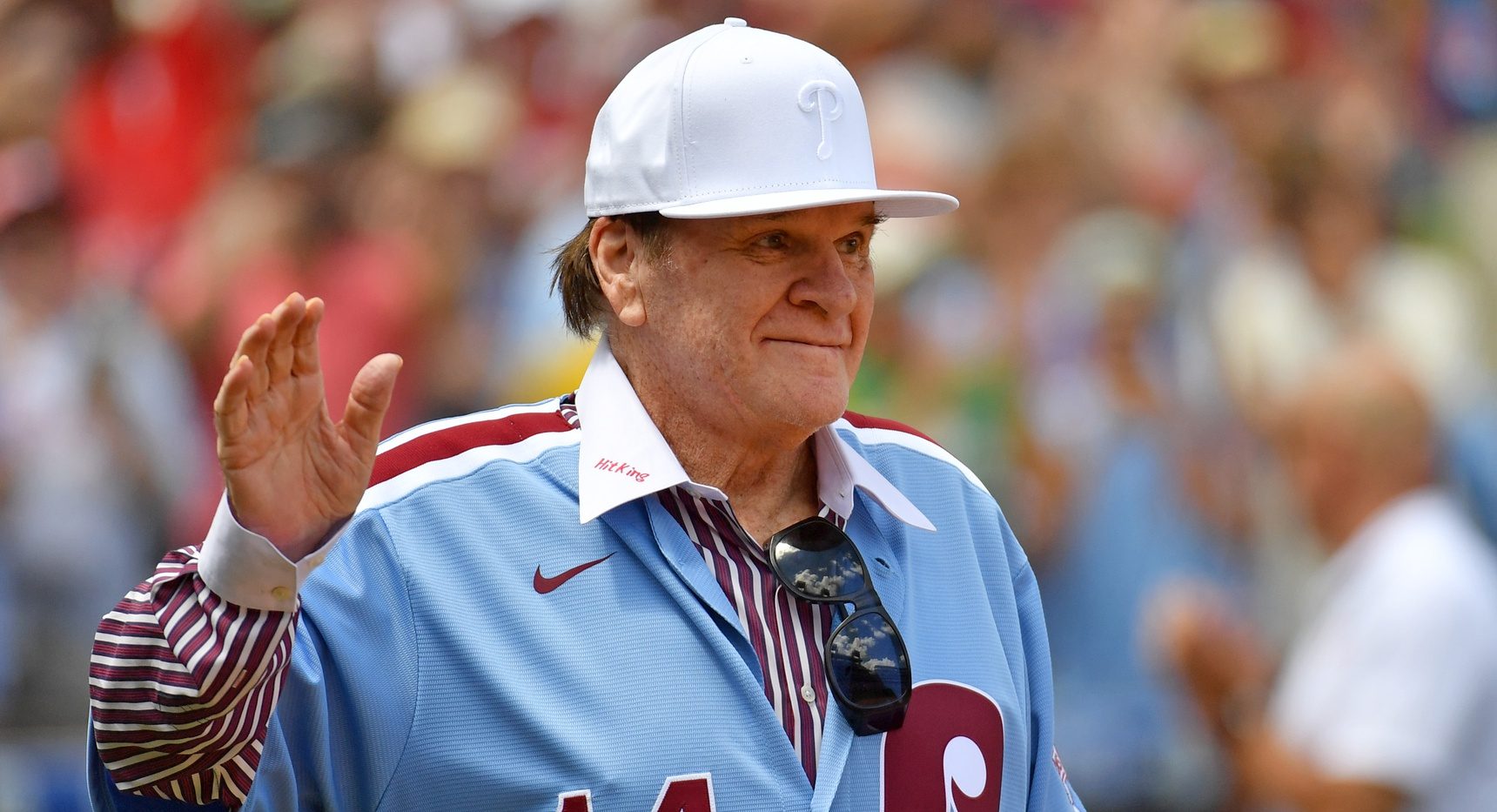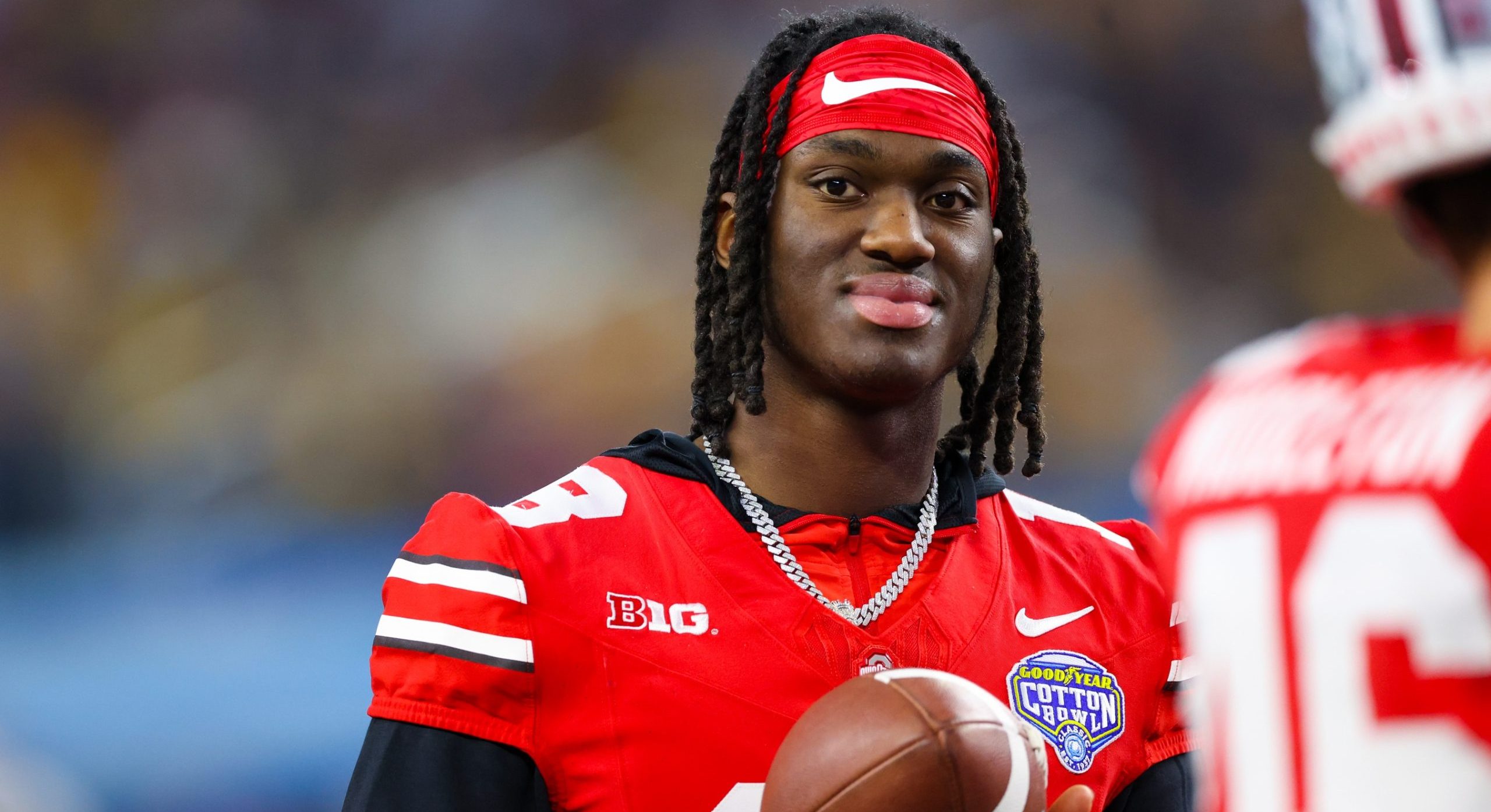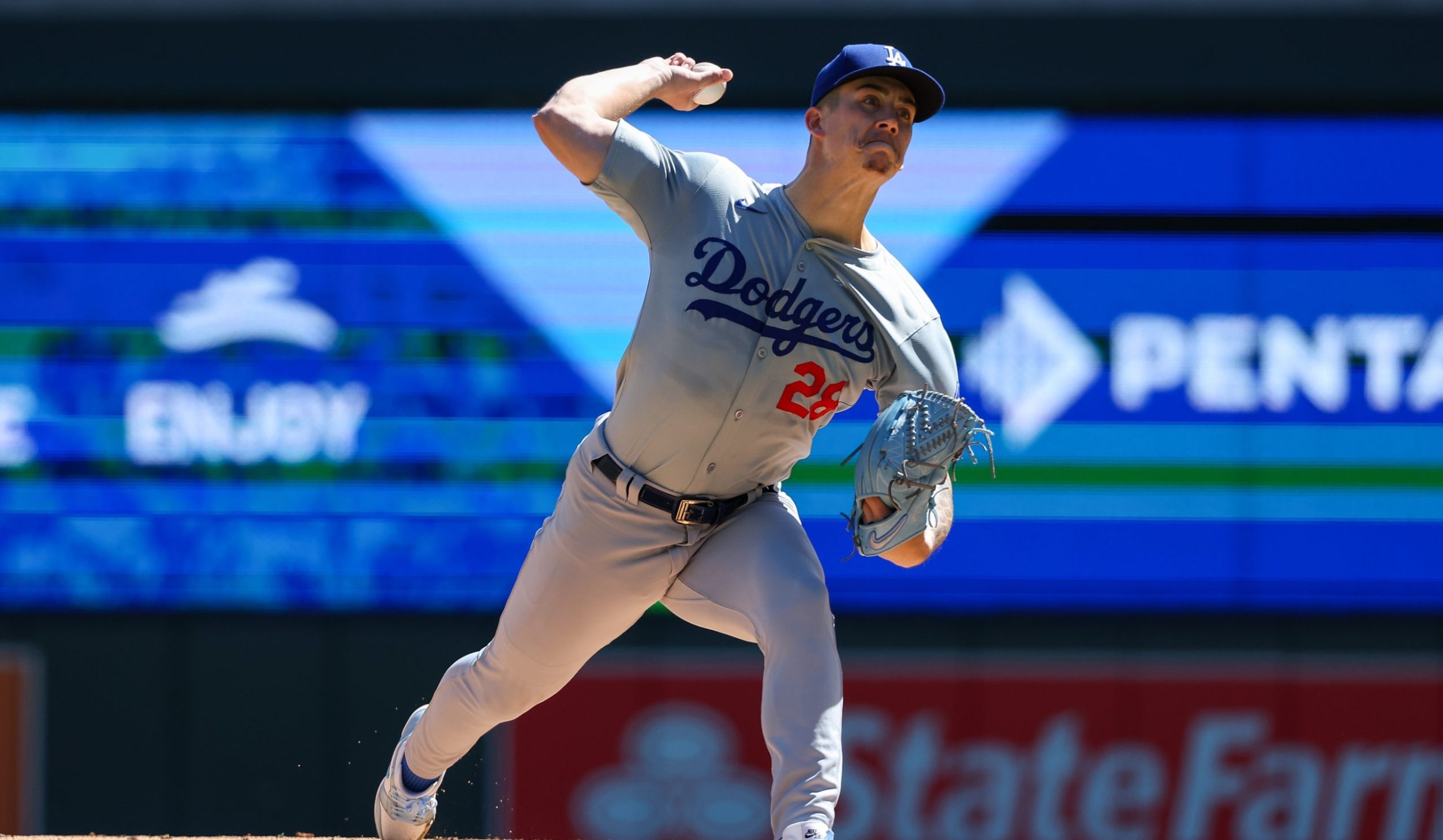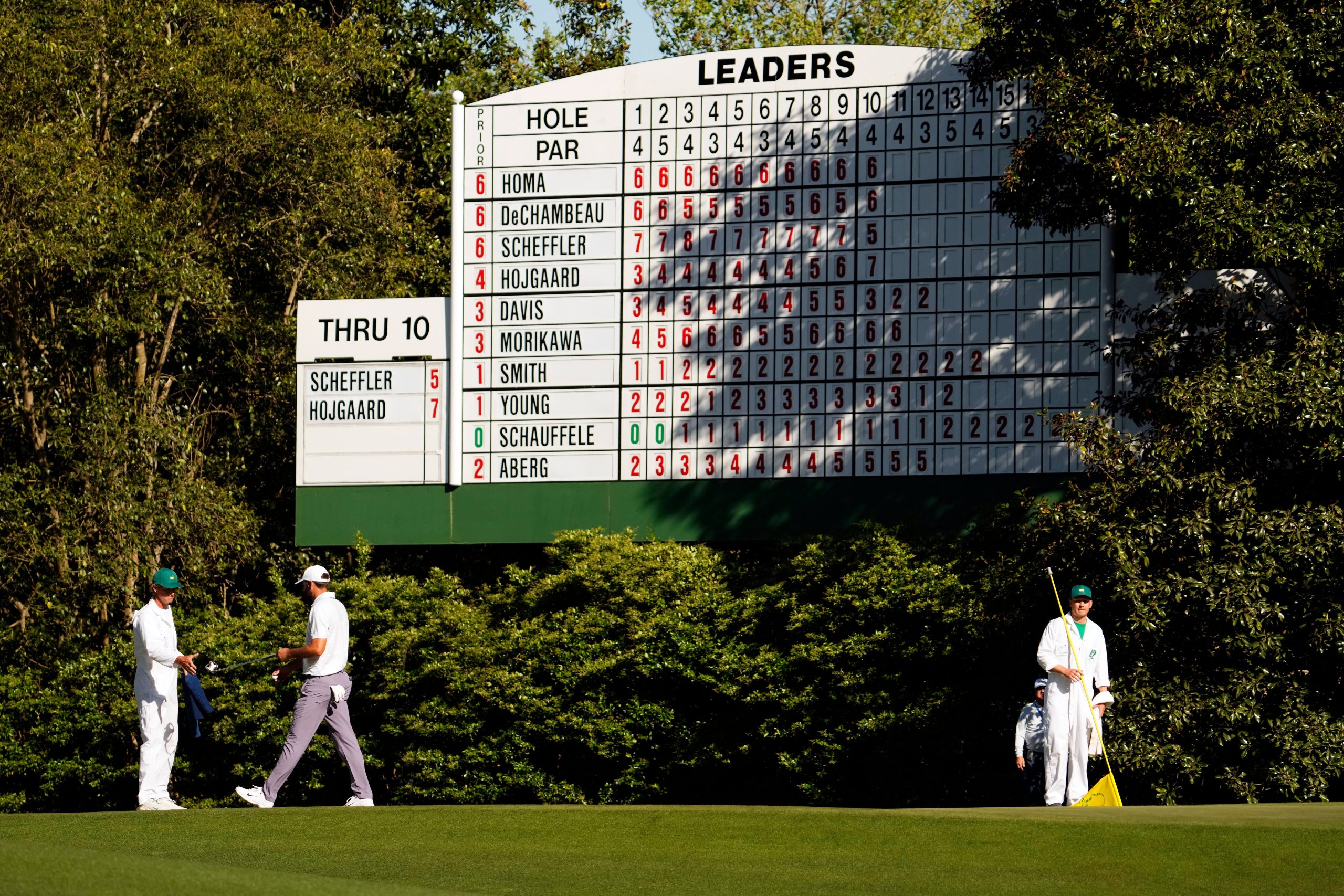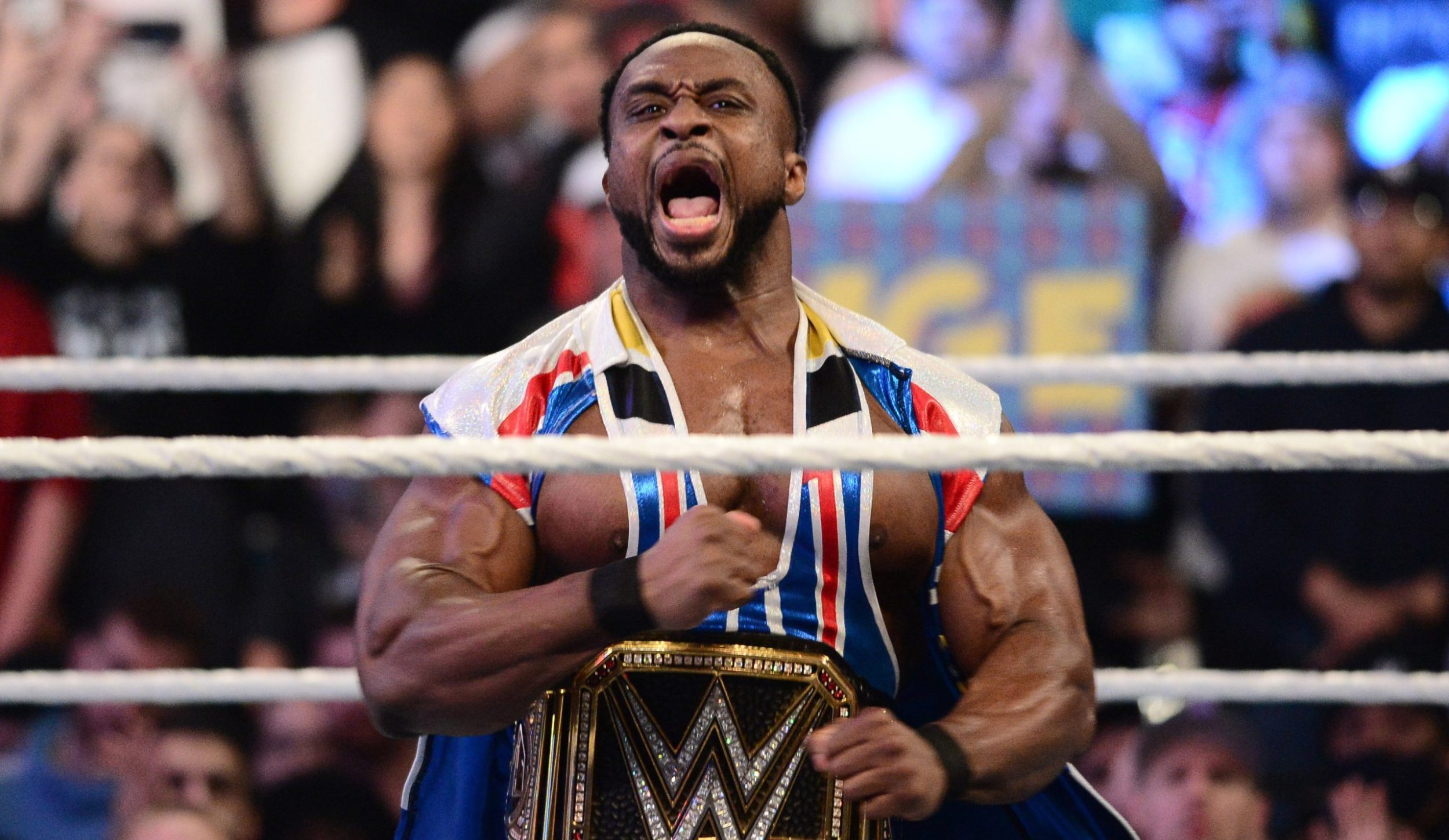With men’s and women’s conference tournaments in full swing and we’re a little over a week away from the NCAA Tournament, there’s much uncertainty about the tournament. Because of the coronavirus, the sporting world has taken various levels of precautions and the tournament is the next big event in the United States.
As a result, the Ivy League decided to cancel their conference tournament and give their automatic spot to regular champions Yale (men) and Princeton (women). Naturally, this sparked criticism among teams who needed to win the conference tournament to extend their season but when the conference cited a virus that can spread among many people, it’s a bit tough to argue against that.
The Ivy League is the first conference to cancel their tournaments and as of now, are the only ones to do that. The conference is also limiting fans from attending other sporting events throughout the spring season.
The NCAA has been consistent in its messaging about the coronavirus. They are monitoring the situation but are leaving it to each individual school and conference to make their own decisions about what to do.
NCAA statement on COVID-19 and sporting events: https://t.co/xmf1bwb8eT pic.twitter.com/9vBfBEg23h
— NCAA News (@NCAA_PR) March 10, 2020
Naturally, this means that unless something changes within the next week, the NCAA Tournament will not only go on but will include spectators. While the Ivy League canceled their conference tournament, Yale and Princeton is still sending their respective team to a tournament that’ll likely have no restrictions unless the arena or government officials implement that.
That says something about the Ivy League, who is doing some things to prevent the spread the virus but not everything that’s on the table. Because if they were, the conference could say no team is accepting an invite to the tournament if the NCAA plans to move forward with no restrictions.
Obviously, this is a complex issue and reducing it to an “all or nothing” scenario is counterproductive because the Ivy League is doing their part, but like it has been throughout the sports world, the alterations being made are changes that don’t reflect on the bottom line unless they have to by an outside source like government officials. The Big 12, like many pro sports leagues, is limiting media access and keeping them at a distance but a basketball bench is literally in the front row of the stands with fans near the team.
If it was about protecting the players, spectators should either not be in the arena or should be a few rows apart from the players. But because ticket sales are big business, officials are going to overlook that, which does kind of weaken the argument that they really care about preventing the potential spread of coronavirus.
The NCAA Tournament is a lucrative moneymaker and a school exiting that is a big decision that’ll cost millions. But given the amount of attention the coronavirus has had and its effect on sporting events, it still seems like many in are making decisions based on money than people.
And that doesn’t seem to be stopping anytime soon.
[ESPN]

